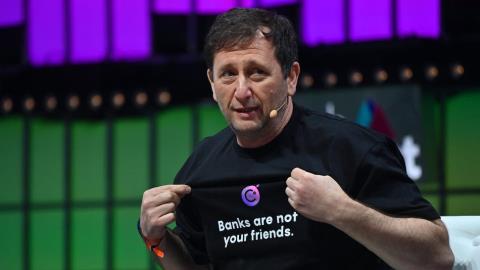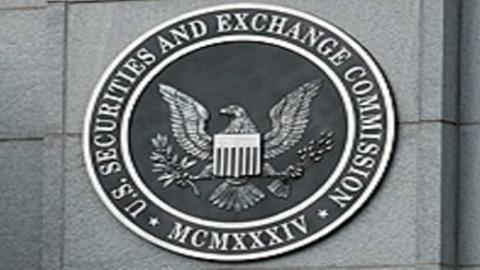Ex-Celsius CEO Mashinsky Sentenced to 12 Years in Prison for Crypto Fraud: What It Means for the Industry
In a significant development in the cryptocurrency world, Alexander Mashinsky, the former CEO of Celsius, has pled guilty to orchestrating a deceptive scheme that misled investors. This case raises important questions about investor protection and the safety of crypto assets in platforms that promise high rewards.
The Rise and Fall of Celsius Network
Celsius was once hailed as one of the leading crypto asset platforms, attracting customers with promises of high returns on deposits and various financial services. Here’s a brief overview:
- Customer Offerings: Celsius provided rewards on deposited assets, secured loans, and custody services.
- Marketing Strategy: Positioned itself as the “safest place for your crypto,” encouraging clients to “unbank” themselves.
- Peak Value: By late 2021, the platform managed around $25 billion in assets.
Details of the Fraudulent Scheme
Despite its initial success, the company faced serious allegations regarding its operations:
- Manipulation of CEL Token: Prosecutors argue that Mashinsky misled customers about the value of Celsius’s proprietary crypto token, CEL.
- Price Inflation Tactics: He allegedly spent hundreds of millions to artificially inflate CEL’s market price, often using customer funds without disclosure.
- Personal Profit: While claiming not to sell CEL, Mashinsky profited around $48 million from the token’s trading.
Impact on Customers and Bankruptcy Proceedings
The repercussions for Celsius’s clients have been severe:
- Withdrawal Halt: In June 2022, the company announced a freeze on customer withdrawals, impacting over 600,000 clients.
- Bankruptcy Filing: Celsius filed for bankruptcy in July 2022, leaving customers unable to access around $4.7 billion in funds.
Statements from Authorities
US Attorney Jay Clayton commented on the case, stating, “Alexander Mashinsky targeted retail investors with promises that he would keep their digital assets safer than a bank, when in fact he used those assets to place risky bets and to line his own pockets. In the end, Mashinsky made tens of millions of dollars while his customers lost billions.”
Comparisons with Other Crypto Leaders
Mashinsky’s case aligns with other high-profile crypto executives facing legal repercussions, including:
- Sam Bankman-Fried, founder of FTX
- Changpeng Zhao of Binance
- Do Kwon from Terraform Labs
These incidents highlight the pressing need for regulatory oversight in the cryptocurrency sector to safeguard investor interests.
For more information on cryptocurrency regulations and investor protection, visit SEC.gov and CFTC.gov.







